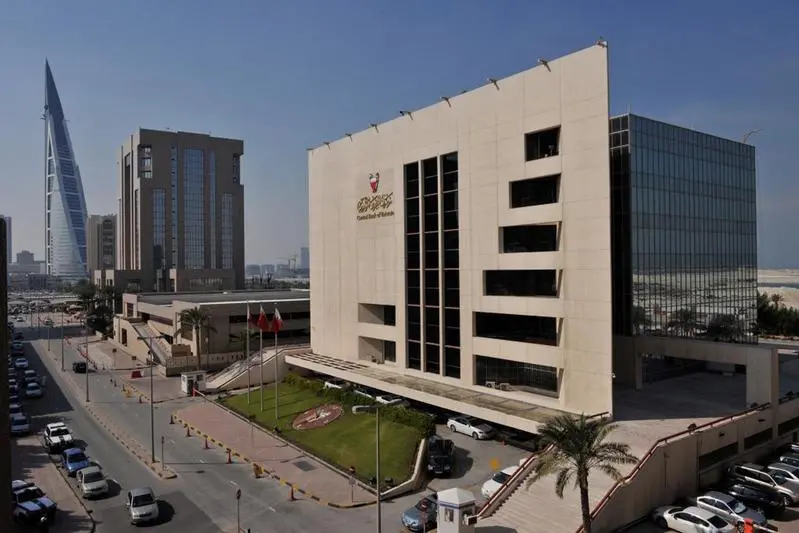PHOTO
By Andrew Torchia
DUBAI, May 13 (Reuters) - An Iranian-owned bank based in Bahrain has appealed a decision by local authorities to place it in administration, in a case showing the vulnerability of Iran's business interests in the Gulf as political tensions rise.
In a letter to the Central Bank of Bahrain (CBB), the chairman of Future Bank, Abdolnaser Hemmati, said his company had fully complied with regulatory requirements and saw no reason to be treated as a risk to the banking system.
"We were seriously disturbed and shocked to learn about the CBB's decision," Hemmati wrote, according to a report by Iran's state-owned Press TV seen on Wednesday.
Future Bank, whose stated purpose is to expand business between Gulf Arab economies and Iran, and the CBB did not respond to telephone calls and emails seeking comment.
Two weeks ago, the CBB placed Future Bank and Iran Insurance Co -- the Bahrain branch of an Iranian insurer -- under administration to "protect the rights of depositors and policyholders". It did not elaborate on its reasons.
Bahraini and U.S. authorities have moved against Future Bank in the past because of its ties to Iran, and the latest action may be part of that trend.
The bank was founded in 2004 as a venture between Iran's Bank Saderat and Bank Melli as well as Bahrain's Ahli United Bank
Valiollah Seif, Iran's current central bank governor, headed Future Bank before he returned to Iran in 2010, Press TV said.
Future Bank has faced growing political pressure as an international dispute over Iran's nuclear plans escalated. According to U.S. diplomatic cables published by WikiLeaks, in 2007 Bahrain blocked the bank from doing new business with Iran and made Ahli United place all its Future Bank shares in a blind trust. Ahli United did not respond to requests for comment.
In March 2008, the U.S. Treasury imposed sanctions on Future Bank, blocking transfers of its assets.
Despite this, Future Bank has continued to operate. Its assets totalled 597.2 million dinars ($1.58 billion) last year, when it made a profit of 17.9 million dinars, according to its latest financial statement. Its LinkedIn page says it has between 51 and 200 employees.
Although Tehran is now negotiating with world powers on limiting its nuclear programme, tensions between Gulf Arab states and Iran have risen this year as Iran-allied Houthi rebels have taken over much of Yemen.
Bahrain is a close ally of Saudi Arabia, which leads an Arab coalition that has been bombing the Houthis.
Iranians are estimated to have billions of dollars worth of investments around the Gulf, particularly in Bahrain and Dubai, accumulated in years when the political environment was better.
(Additional reporting by Tom Arnold; Editing by Crispian Balmer) ((andrew.torchia@thomsonreuters.com; +9715 6681 7277; Reuters Messaging: andrew.torchia.thomsonreuters.com@reuters.net))
Keywords: BAHRAIN IRAN/BANKS





















